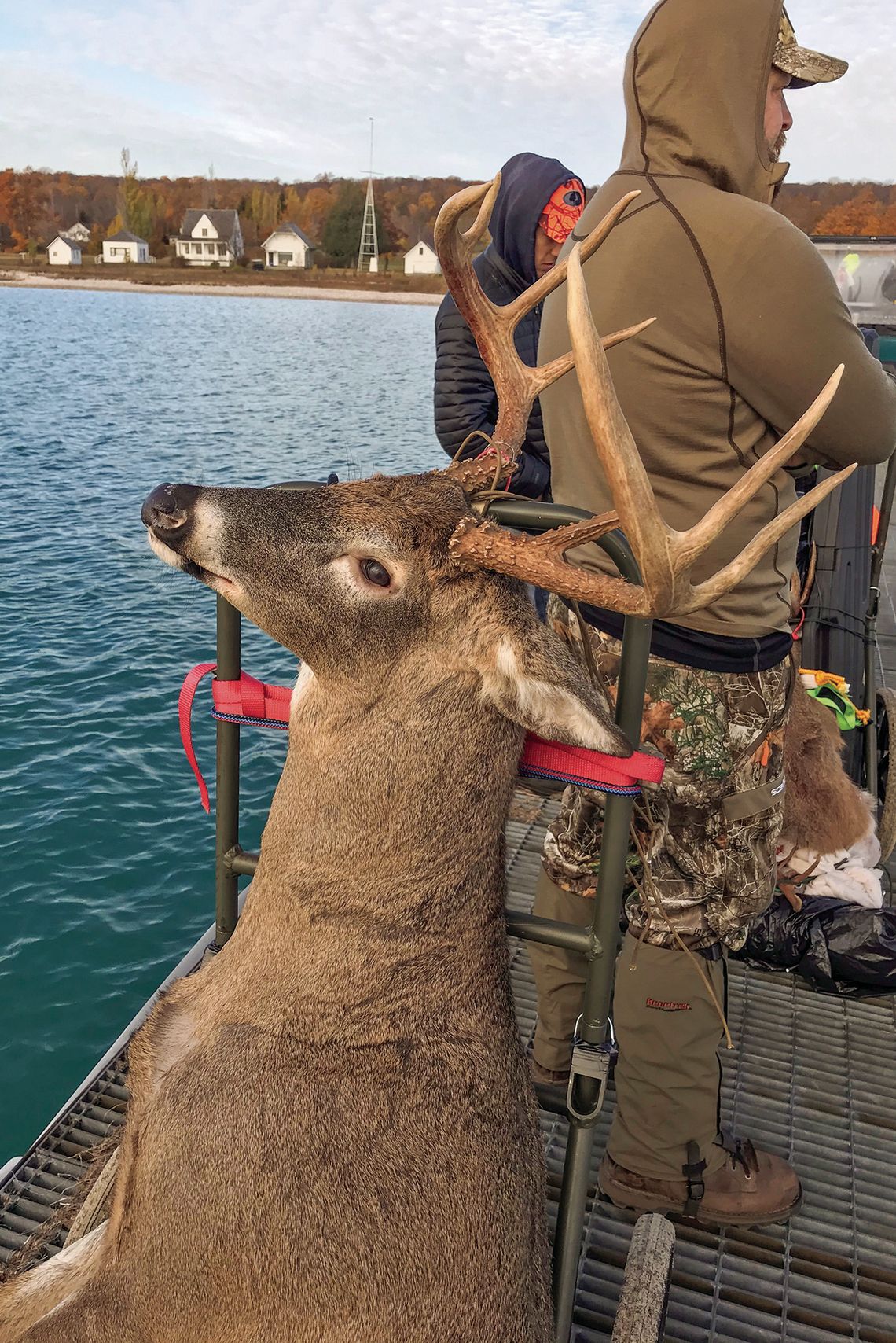Expect fewer deer hunters to participate in a specialized hunt on North Manitou that begins Friday, an outcome linked to complications in reaching the Wilderness-designated island.
Permits were issued for up to 200 hunters, but approximately one-quarter of them have notifi ed the National Park Service that they may not attend. The principal reason is that the Mishe Mokwa ferry won’t be dropping off hunters, who can use other means to reach the island — at a higher price.
“We have about 50 who inquired (about withdrawing),” said Lakeshore superintendent Scott Tucker. “We’ll work with each individual hunter and consider their request.”
PLEASE LOG IN FOR PREMIUM CONTENT. Our website requires visitors to log in to view the best local news.
Not yet a subscriber? Subscribe today!



